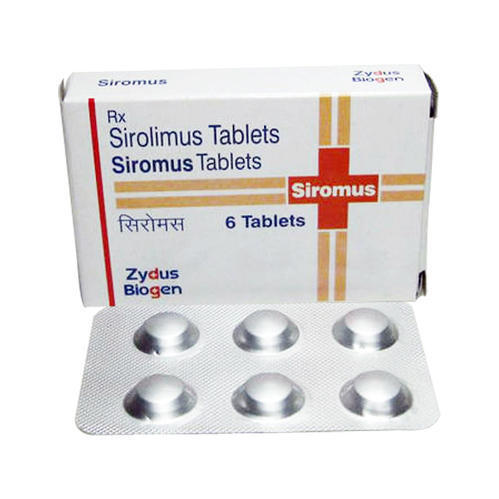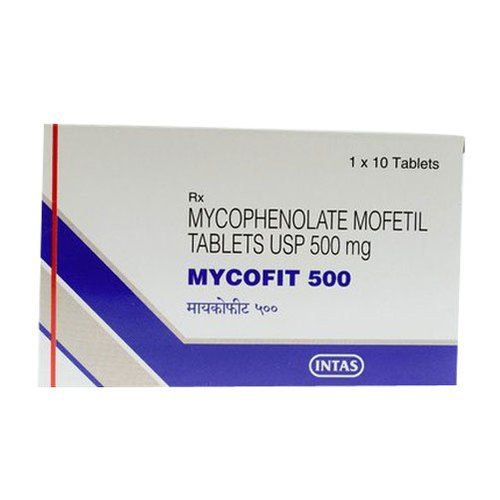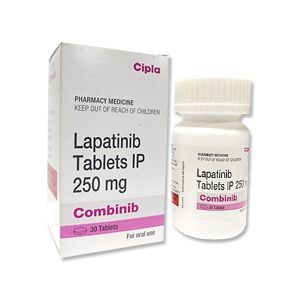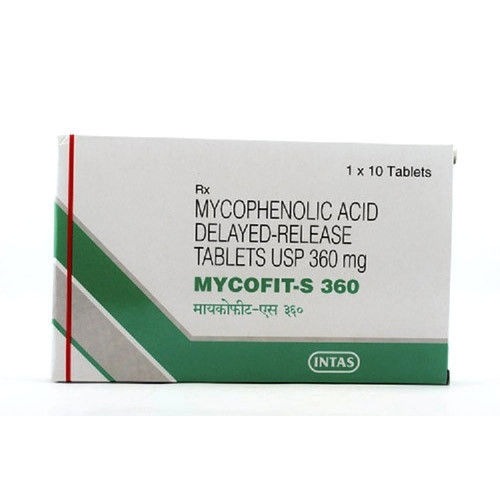Call : 08062846385
Sirolimus Tablets
41 USD ($)/Piece
Product Details:
- Drug Type Specific Drug
- Ingredients Sirolimus
- Physical Form Tablets
- Function Other
- Dosage As Directed By Physician
- Dosage Guidelines As Directed By Physician
- Suitable For Suitable For All
- Click to View more
X
Sirolimus Tablets Price And Quantity
- 10 Piece
- 41 USD ($)/Piece
Sirolimus Tablets Product Specifications
- Sirolimus
- Suitable For All
- Other
- Specific Drug
- Tablets
- Store in Cool & Dry Place
- 1 Pieces
- As Directed By Physician
- As Directed By Physician
Sirolimus Tablets Trade Information
- SAHAR
- Paypal Letter of Credit (L/C) Western Union Telegraphic Transfer (T/T) Cash in Advance (CID) Cash Advance (CA)
- 100000 Piece Per Month
- 10 Days
- Yes
- If order is confirmed we will reimburse the sample cost
- Packing : 10X10 Tablets/Box Pack Insert/Leaflet : Yes
- Western Europe Australia North America South America Eastern Europe Middle East Africa Central America
- WHO-GMP/ GMP/ COA/ As Required By Client
Product Description
Uses
- Sirolimus is used with other medications to prevent rejection of a kidney transplant. This medication belongs to a class of drugs known as immunosuppressants. It works by weakening your body's defense system (immune system) to help your body accept the new organ as if it were your own.Sirolimus may also be used to treat a certain lung disease (lymphangioleiomyomatosis-LAM).
Other uses
- This section contains uses of this drug that are not listed in the approved professional labeling for the drug but that may be prescribed by your health care professional. Use this drug for a condition that is listed in this section only if it has been so prescribed by your health care professional.This medication may also be used to prevent rejection of a heart transplant.
How to use
- Read the Medication Guide provided by your pharmacist before you start taking sirolimus and each time you get a refill. If you have any questions, ask your doctor or pharmacist.Take this medication by mouth as directed by your doctor, usually once daily. Swallow this medication whole. Do not crush, chew, or split the tablets. If you have nausea or an upset stomach, you may take this medication with food. However, it is important to choose one way (with food or without food) and take this medication the same way with every dose. Consult your doctor or pharmacist for more details.The dosage is based on your weight, medical condition, laboratory tests (such as sirolimus trough levels), and response to treatment.Take this medication regularly to get the most benefit from it. To help you remember, take it at the same time each day.
Side effects
- See also Warning section.Diarrhea, joint pain, shaking, acne, or trouble sleeping may occur. If any of these effects persist or worsen, tell your doctor or pharmacist promptly.Remember that your doctor has prescribed this medication because he or she has judged that the benefit to you is greater than the risk of side effects. Many people using this medication do not have serious side effects.Tell your doctor right away if you have any serious side effects, including: nausea/vomiting that doesn't stop, yellowing eyes/skin, dark urine, muscle pain/cramps, bone pain, increased thirst/hunger, frequent urination, hearing problems (such as hearing loss, ringing in the ears), unusual tiredness, fast/slow/irregular heartbeat, easy bruising/bleeding, mental/mood changes, swelling ankles/feet, severe headache, dizziness, stomach/abdominal pain, missed/heavy/painful periods, signs of kidney problems (such as change in the amount of urine, frothy urine), pain/redness/swelling of arms or legs, swelling abdomen.
Enter Buying Requirement Details
Other Products in 'Nephrology Products' category
 |
NEXTWELL PHARMACEUTICAL PRIVATE LIMITED
All Rights Reserved.(Terms of Use) Developed and Managed by Infocom Network Private Limited. |

 Send Inquiry
Send Inquiry



